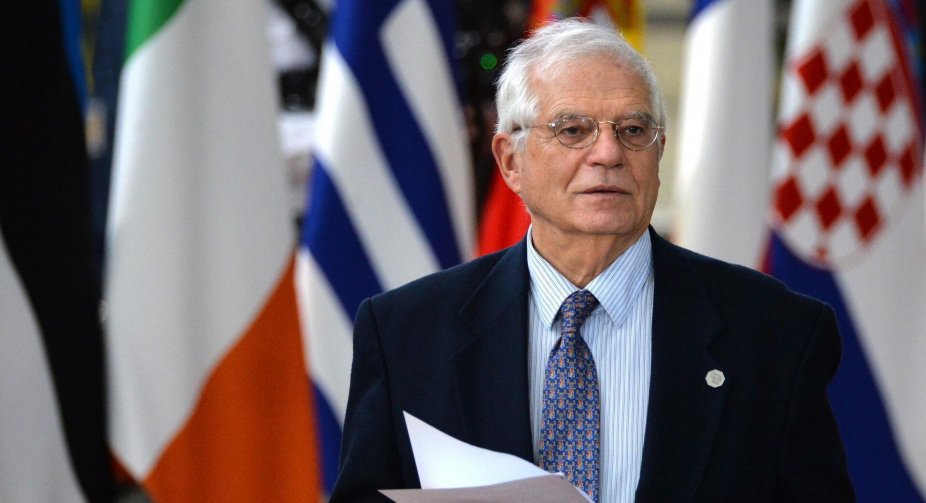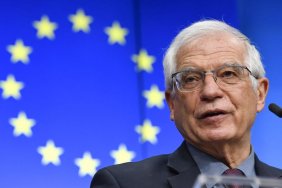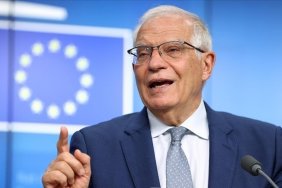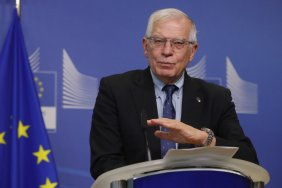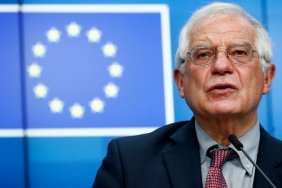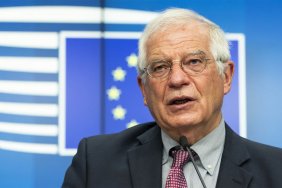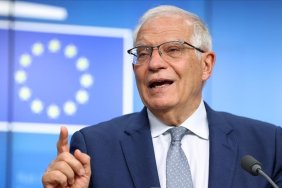The EU chief diplomat Josep Borrell said that he agrees with Macron's position on the need to maintain contacts with Moscow, because no matter what, we will have to somehow coexist with Russia on the same continent.
He said this in an interview with the Journal du Dimanche.
The diplomat was asked how he understood the repeated call of the French President Emmanuel Macron "not to humiliate Russia".
Borrel responded that the phrase reflects reality.
"Russia will continue to exist even after the peace talks, and we will have to determine how to continue to coexist with it. It will be very difficult after what Russia has done in Ukraine - the invasion, the aggression, the destruction, everything we see from the television screens and I have personally seen on the ground. But no matter what, we will have to try to coexist with Russia on this continent," he explained.
The journalist asked again: Do the channels of communication that the French President keeps on the phone with Putin allow him "not to humiliate Russia"?
Borrell replied that the channels of communication were never completely closed, recalling that the Austrian chancellor, the UN secretary general, and the secretary general's two emissaries went to Moscow again in Russia, trying to find a solution to unblock Ukrainian grain exports.
"We need to keep talking to Russia," the EU's top diplomat summed up.
Borrell also said in the interview that he sees the goal of EU support as at least helping Ukraine regain territories occupied after Feb. 24.
Asked if he sees risks of a certain split among EU countries over which military goals of Ukraine they are willing to support, Borrel said that "there is always a risk," but he has never seen such unity in the EU as to support Ukraine as it begins a full-scale invasion.
The diplomat did not directly answer the question of whether to only help Ukraine defend itself or help it win the war.
"Our military aid should arrive to the AFU as soon as possible, because they are not fighting with bills of sale, but with guns, allowing them to resist Russian aggression. All wars end with ceasefires and negotiations, and it is necessary for Ukraine to enter this phase with a strong position so that Russia cannot remain in the territory it occupied and occupied after February 24," Josep Borrell said.
Asked whether the EU's goal is to help Ukraine regain control of the territories it has lost since the start of the war (given the context, obviously "since February 24."- Ed.), Borrell said, "Yes, it seems rational.
